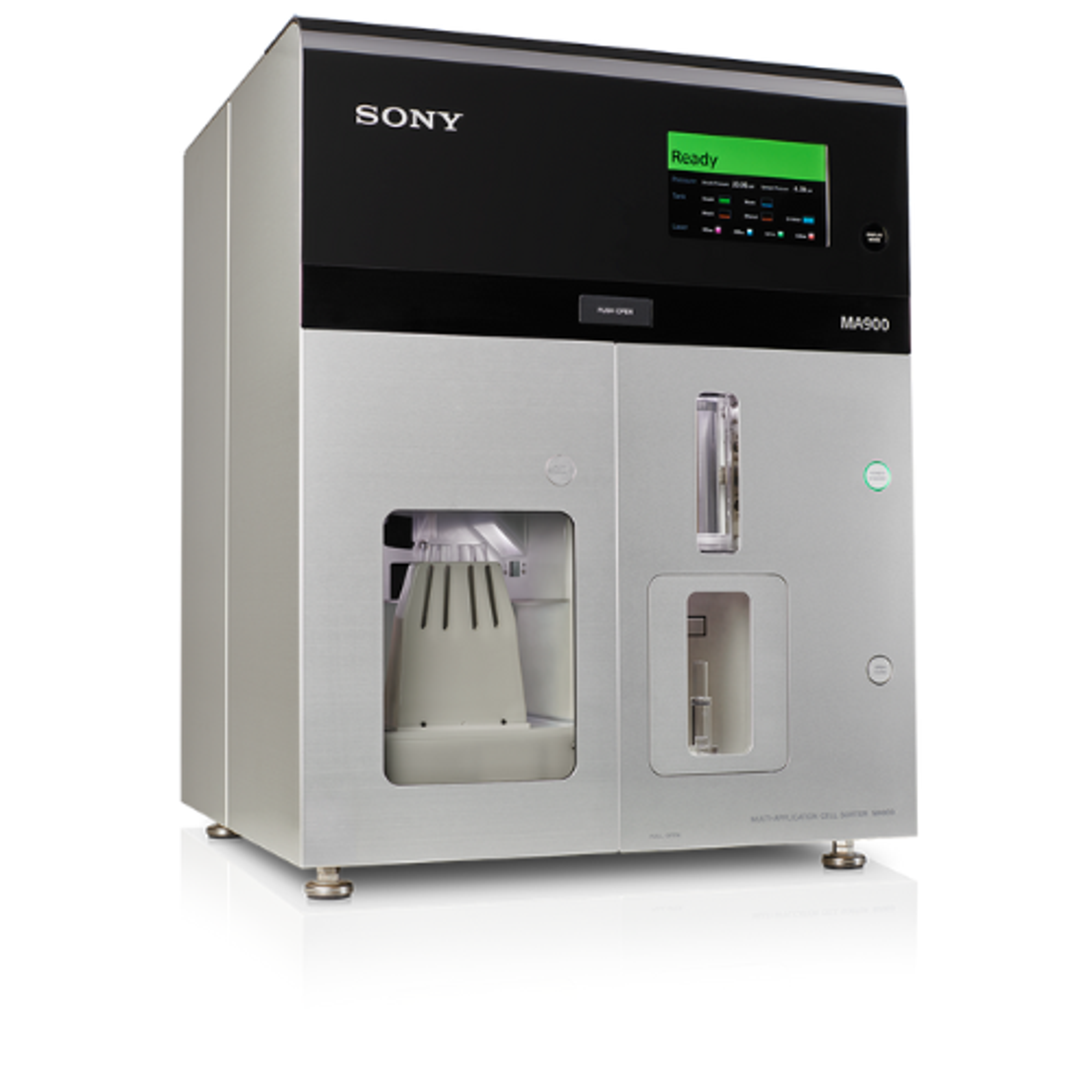Evaluating the heterogeneity of B cells and TLS in lung cancer patients for improved immunotherapeutics
Immunotherapy has revolutionized treatment options for multiple solid tumors, including non-small cell lung cancer (NSCLC). However, these approaches are effective in only 20–30% of NSCLC patients. Current immunotherapies do not consider or target B cells or tertiary lymphoid structures (TLS) despite their predominance in the tumor microenvironment and key role in the adaptive immune response. B cells can help generate potent, long-term immune responses against tumor cells by educating T cells within TLS and producing tumor-specific antibodies.
Join this webinar to hear how Dr. Tullia Bruno’s team at the University of Pittsburgh Medical Center is evaluating the role of B cells and TLS in lung cancer. Using a multi-omics approach that combines cytometry, single-cell RNA sequencing, and multispectral imaging, the team has examined the determinants of TLS heterogeneity in healthy and patient lung tissue samples.
Who should attend?
This webinar will provide insights to researchers who are studying the role of B cells in tumor-response mechanisms. Participants will learn more about how to integrate multi-omic approaches to evaluate lung cancer biomarkers and targets for early intervention in COPD patients and immunotherapeutic strategies for NSCLC.
Key learning objectives
- Understand the role of B cells and tertiary lymphoid structures in the tumor microenvironment
- Learn how flow cytometry, single-cell RNA sequencing, and multispectral imaging can be used together to identify key biomarkers in lung cancer immune response
Certificate of attendance
All webinar participants can request a certificate of attendance, including a learning outcomes summary for continuing education purposes.
Speakers



